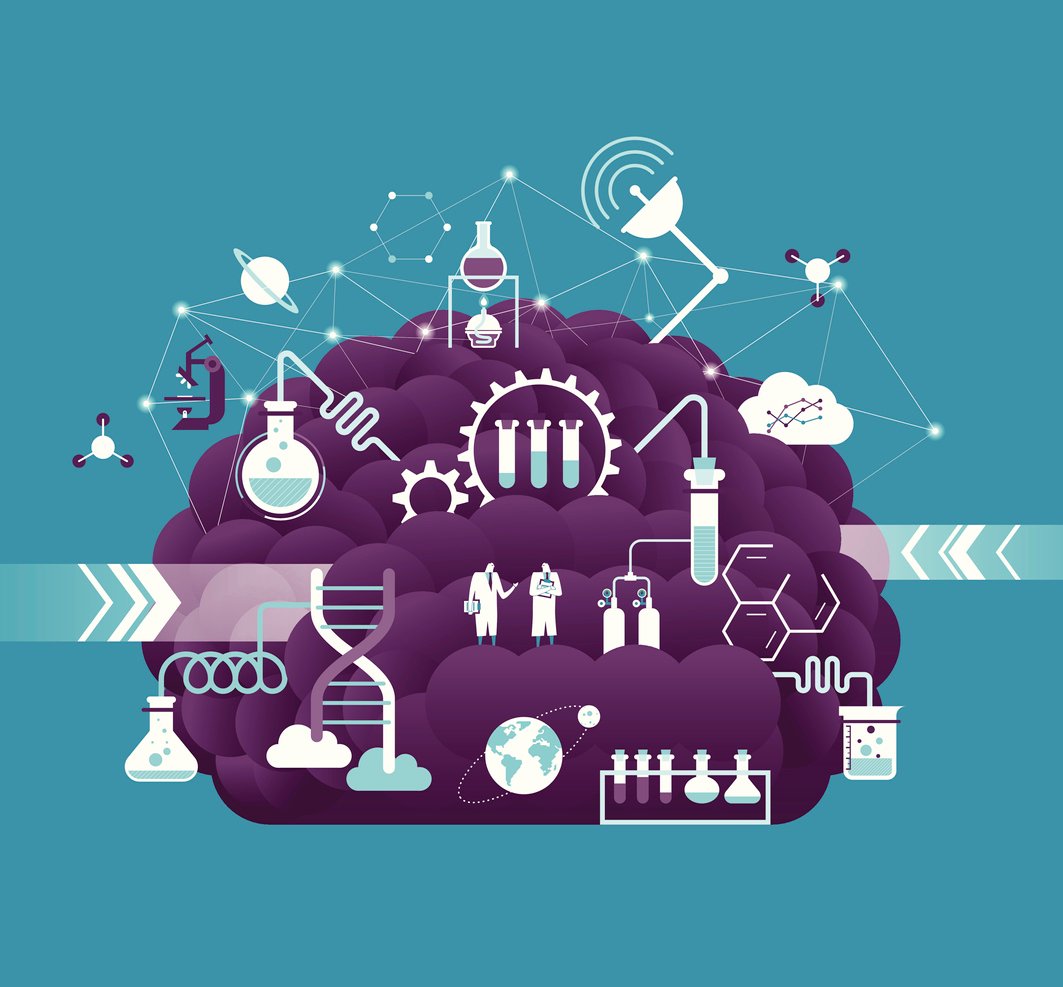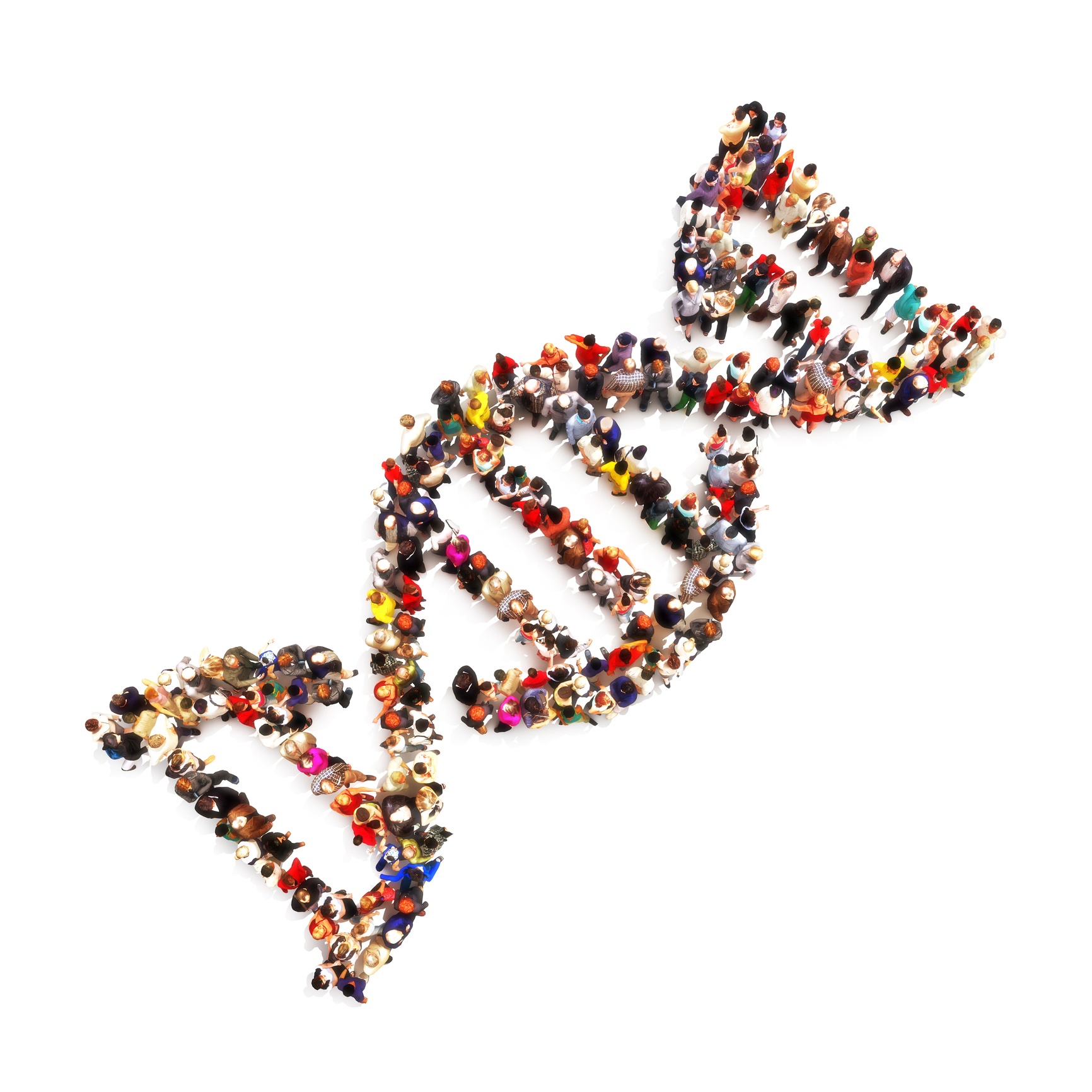Tomorrow, March 8th, is International Women’s Day. While a public holiday in just a few countries, it is a day to celebrate the success and power of women from gaining suffrage to working their way into the board room. As such, we wanted to recognize some of the women in healthcare (and take it from us we could have featured hundreds if we had the room) who are leaders in their fields and driving innovation within their respective organizations, and healthcare as a whole.
The following is the second in a three-part series on the impact of AI on the product development life cycle of drugs from discovery, to clinical trials and market access.
The success of clinical trials relies heavily on having enough of the right patients willing and able to participate. Unfortunately, achieving the levels of recruitment necessary to conduct successful trials is difficult – particularly in cancer and rare diseases trials.
One recent survey revealed that only one in three cancer patients were likely to enroll in a clinical trial. Less than half of those surveyed viewed...
The following is the first in a three-part series on the impact of AI on the product development life cycle of drugs from discovery, to clinical trials and market access.
Biopharma companies and government funded research projects have produced stellar results over the years: from lifesaving drugs and to life improving therapies that benefit millions of patients. But these discoveries often come at a substantial financial cost and take many years to bring to market. In fact, the cost of bringing one drug from discovery to approval is currently estimated at between $1.8 and $3.0 billion.[1]
The drive to value-based care has become a significant issue for biopharma companies as more health plans request value-based contracts. According to McKinsey, over 200 of these innovative contracts have been publicly disclosed since 1994¹. The buzz around the biopharma industry is that these value-based contracts are the wave of the future. Although this trend is likely to continue in the immediate future, the shift to these types of contracts may not survive in the long term. Precision medicine may make them obsolete.
Types of innovative biopharma contracts
The two most prevalent types of...
Interest in applying artificial intelligence and machine learning to healthcare has reached a pinnacle. Every day there are a slew of new articles and reports discussing the various ways that algorithms can transform the industry and there are many interesting technologies being developed and deployed—from digital health technologies that aim to make care delivery more patient-centric to machines that use image recognition to identify tumors before the human eye can see them.
A big area of potential growth for the use of AI is in precision medicine— the ability to customize the treatment...
Biopharma continues to look for ways to streamline the drug development process. With costs of bringing a drug to market now reaching $2.7 billion and the timeline stretching to nearly a decade, stakeholders across the healthcare continuum are clamoring for a faster, less expensive method.
The drug research and development process is well established and has remained largely unchanged over the past few decades and for good reason – it works. The methodology biopharma has followed has given the world many effective drugs which are both improving the quality of life for patient as well as...
A recent study revealed that nearly half of all pipeline compounds and close to three quarters of oncology compounds are utilizing biomarker data during the drug development process. The same report indicated that investment in biomarker identification by biopharma has doubled over the past five years and is forecasted to increase over the next half decade. [1]
Biopharma’s increasing reliance on molecular data (most commonly genomic and proteomic) and the identification of specific biomarkers in the drug development process should not be surprising. Healthcare is transitioning to value-based...






.png)

